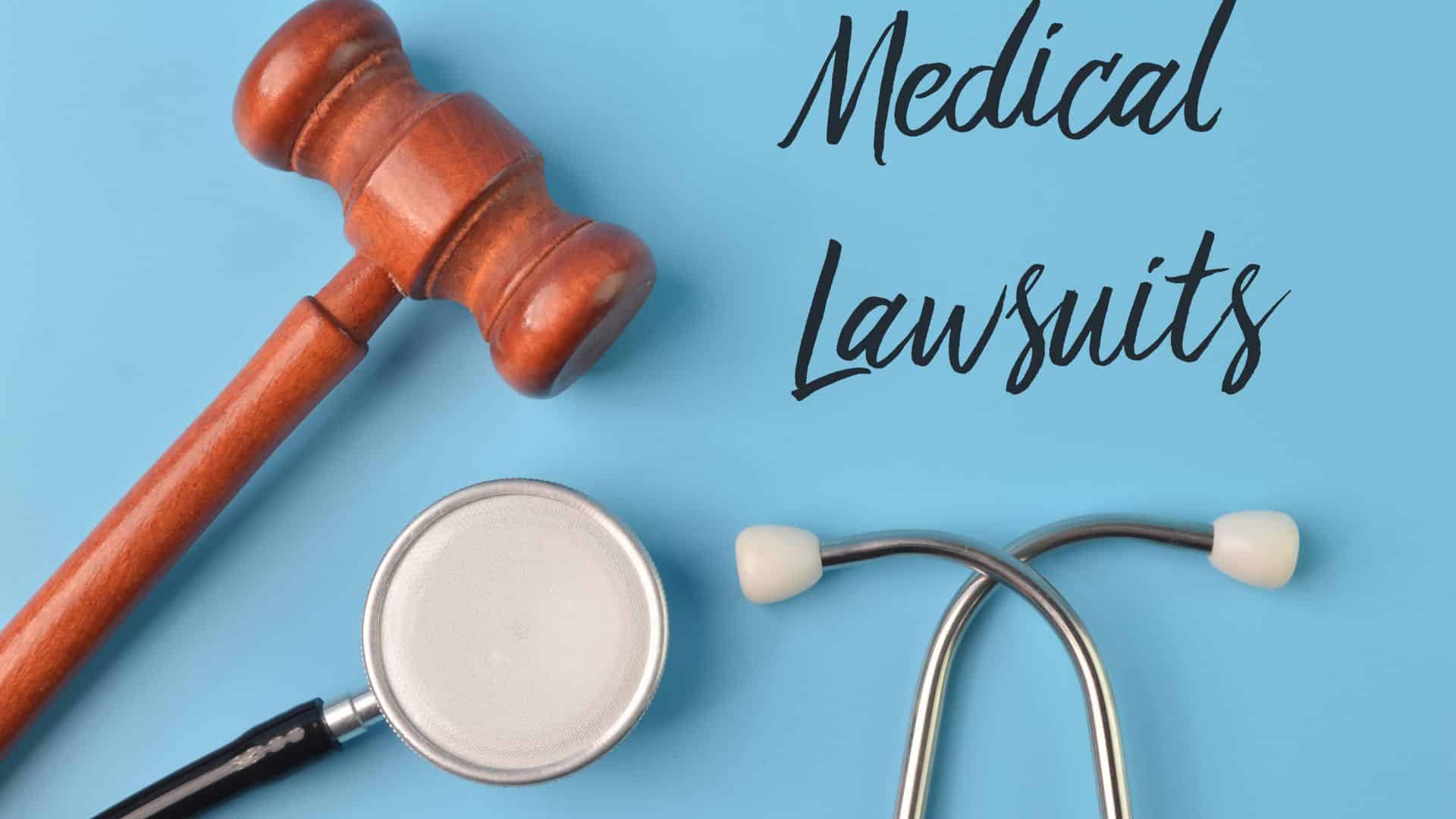If you or a loved one have been harmed by a medical error, you may have a case for a malpractice injury lawsuit. Most times, the doctor’s malpractice insurance is the party paying the settlement. However, in some cases, the medical professional responsible for your harm does not have malpractice insurance coverage.
An experienced medical malpractice lawyer from The Joel Bieber Firm can guide you through your legal options.
What Are the Requirements for Malpractice Insurance?
Each state has its own minimum requirement for malpractice insurance; often, more is required for a doctor with hospital staff privileges. Patients always have the right to ask if their doctor, or any other treating medical professional, has malpractice insurance. Get a personal injury lawyer to understand what is medical malpractice insurance.
Recovering Compensatory Damages from a Medical Professional Without Malpractice insurance
Even if the medical professional who caused your harm does not have malpractice insurance, that doesn’t mean you cannot file a claim against them, or they are not liable for the pain, suffering, or other injury caused by their negligence. You and your medical malpractice lawyer can still file a suit to collect the damages you’re entitled to.
A medical malpractice lawyer can sue a doctor without malpractice insurance, and the grounds for filing the suit would remain the same as for physicians with insurance coverage. These grounds could include:
- The injury or misdiagnosis happened at a medical facility, like a clinic or hospital
- A defective medical product caused your injury or illness
- An unsafe or contaminated medication caused your injury or disease
Medical malpractice lawsuits have several components, and it can be tricky to collect damages without malpractice insurance. An experienced medical malpractice lawyer can advocate for you even if the party you’re filing suit against does not have malpractice insurance.
How a Medical Care Facility Can Be Held Liable for Your Injury
A hospital, clinic, or other medical care facility has a duty of care for all patients treated on its premises and can be held liable for harm that the patient suffered from medical errors, negligence, or oversight.
Even if the individual doctor, nurse, or other medical practitioner doesn’t have malpractice insurance, the facility where you were being treated may hold some responsibility for your injury.
Some common examples of how a clinic or hospital can be held accountable for a patient’s illness, harm, or injury include:
- You underwent unnecessary surgery
- Surgery was performed on the wrong part of your body
- A surgical item was left inside your body
- You developed complications from your condition due to poor care at the facility
- A staff member administered the wrong medication or dosage
Your medical malpractice lawyer will investigate the cause of your injury to determine all parties responsible in your case. If the medical facility was negligent in the training, hiring, or supervision of its employees or did not have the proper patient care and safety protocols in place, it also shoulders some responsibility for the harm you suffered.
Hospitals Are Required to Carry Malpractice Insurance

Hospitals are required by state law to carry malpractice insurance coverage. Other medical facilities also required to carry malpractice insurance include:
- Skilled nursing homes, assisted living facilities, and memory care homes
- Non-hospital surgical centers (outpatient surgeries)
- Substance rehabilitation or eating disorder rehabilitation facilities
- Radiology imaging centers and laboratory facilities
- Walk-in clinics or urgent care properties
- Birthing centers
In addition, nurse practitioners who treat patients must be covered by their supervising doctor’s malpractice insurance.
Medical Malpractice at a Glance
Medical malpractice differs from medical error. The threshold for determining whether malpractice occurred is to compare the care you received (or did not receive) with an accepted standard of care that other practicing physicians would have administered when presented with your circumstances and symptoms.
For example, suppose that you visit a dermatologist with a strangely shaped mole, and they fail to biopsy the blemish. In that case, you may hold the doctor accountable if a later diagnosis proves the mole is cancerous.
In this case, you may not have had complications from cancer if it had been caught early, or you could have missed a window for a more successful treatment.
Your medical malpractice lawyer would build your case by interviewing expert witnesses and doctors specializing in dermatology, who testify that the standard of care with an unusual-looking or irregular mole involves a biopsy to diagnose skin cancer.
Because your doctor failed to do so, they can be shown to have deviated from the accepted standard of care and are, therefore, liable for the harm you suffered due to a delayed diagnosis.
A Medical Malpractice Lawyer Can File Suit Without Malpractice Insurance
Even if the physician who caused your medical harm does not have malpractice insurance, a lawyer can still name them as a defendant in your personal injury claim. If your case meets the legal standard of medical malpractice, the treating professional can be found liable for your worsened health.
To meet the threshold for medical malpractice, these criteria must be met:
- A doctor-patient relationship exists
- The doctor owed the patient the standard duty of care
- The doctor breached this duty or deviated from acceptable medical practices
- This breach caused you harm or injury
- You suffered financial losses because of your injury or illness
The at-fault party in a medical malpractice claim is responsible for making you financially whole after the malpractice incident. This includes paying for additional medical care and treatment you need because your illness wasn’t properly diagnosed or a surgical procedure was botched.
You are also entitled to compensation for pain, suffering, and a diminished quality of life if the malpractice and injury affected your physical abilities or caused mental anguish.
Do You Need a Medical Malpractice Lawyer?
If you or someone you love has been harmed by a medical professional’s or medical facility’s negligence, we can help. Even if the doctor does not have malpractice insurance, a medical malpractice lawyer from The Joel Bieber Firm may still be able to take your case. Contact us today for a free initial consultation.
Interesting Reads:
What Is the Difference Between Medical Malpractice and Negligence?
What Does a Medical Malpractice Lawyer Do?
Medical Malpractice Law In Virginia
The Four Medical Malpractice Elements: What Are They and How Do You Prove Them?

